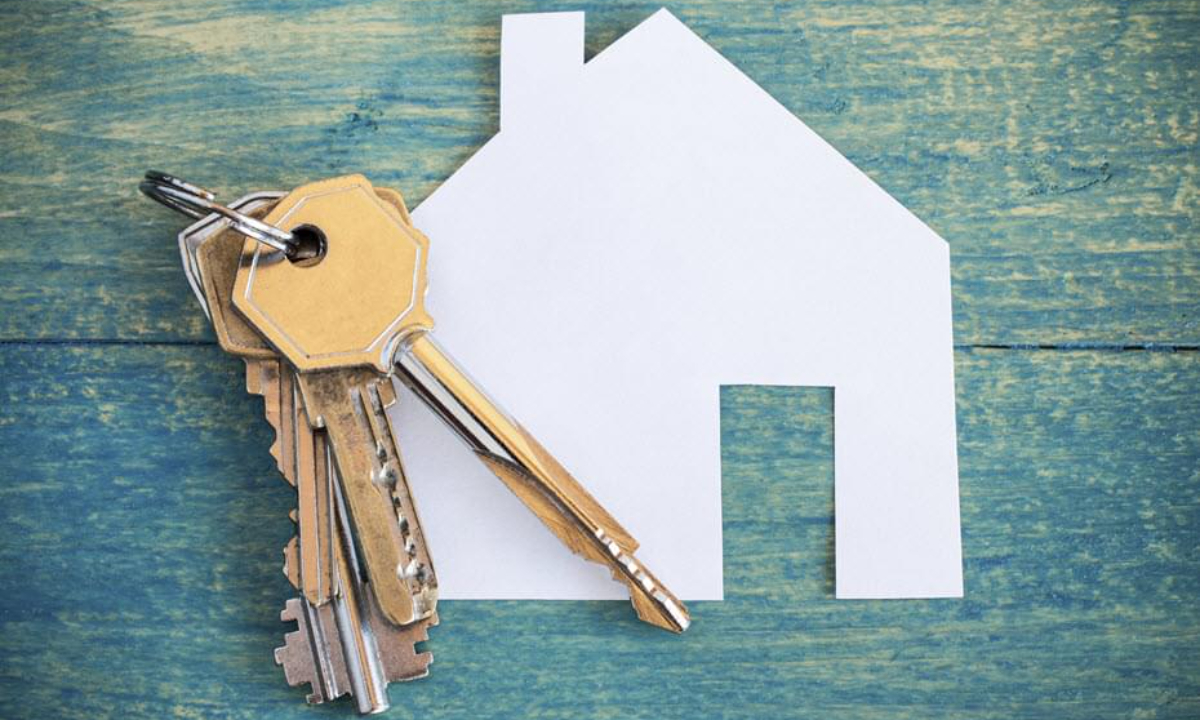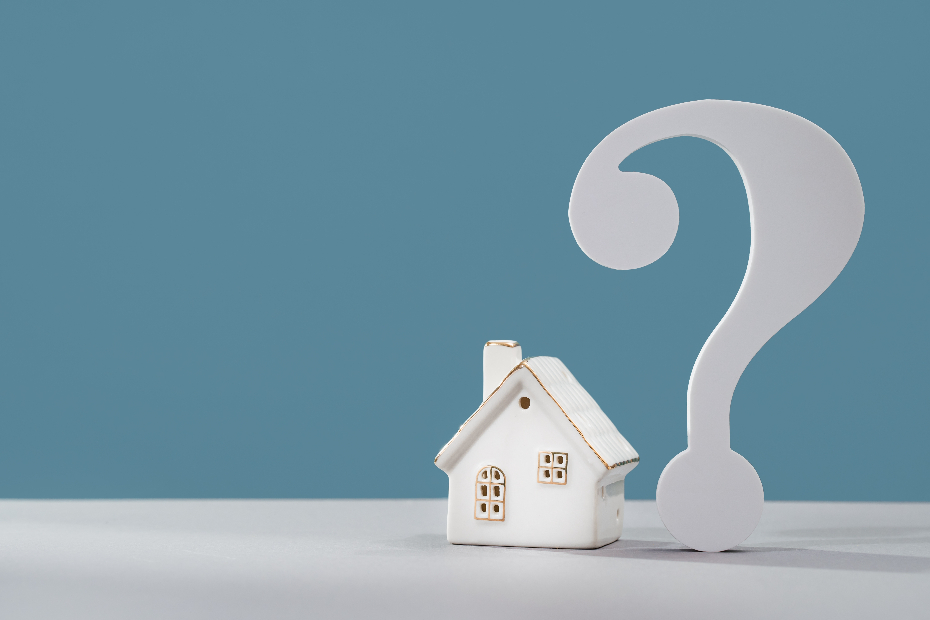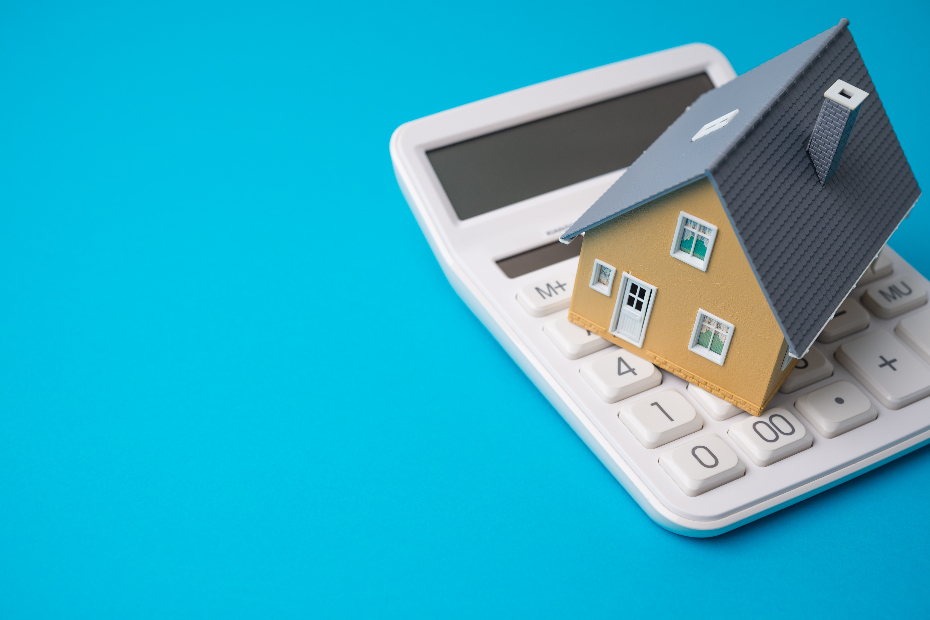If you’re considering homeownership, and don’t know where to begin, here are four questions to see if you’re financially ready:
1. What shape are your finances in?
Buying a home during residency is possible, but your finances need to be in good shape. Since most residents are carrying a large amount of student debt while earning a modest salary, lenders will look at your credit reports to see what kind of a credit risk you may be, and what mortgage and interest rates they can offer you. If your credit history has room for improvement, now is the time to work on your credit score. Even if you have high credit limits, try to keep your debt levels low and remember to pay on time. Always.
Next, think about the down payment. There are a number of savings options available for first-time home buyers, including the new First time home savers account (FHSA) and RRSPs”, but it can take time to build up savings, so start tracking your spending and make a monthly plan to save towards a down payment.
2. How much will a home cost?
Most first-time buyers are surprised at the hidden costs that go into buying a home. Beyond the mortgage, down payment and closing costs, there are monthly insurance fees if your down payment is less than 20 percent of the value of the home. Other fees include setting up utilities, homeowner insurance, maintenance fees, and property taxes. Collectively they can add a lot more to your monthly expenses than you originally expected. It’s no longer as simple as paying a fixed fee each month like if you were renting.
3. What are your long-term plans?
Your long-term career and personal plans can also influence your decisions around home ownership. Remember, your income post-residency will increase, so you’ll have more options than you have today when it comes to your budget, the size and type of your home. Do you plan to stay in the same city to practice once you’ve finished residency, or do you plan to relocate? If you anticipate relocating after your residency training, it may be wiser to delay buying. That way, you can maintain flexibility in your housing arrangements.
From a personal perspective, are there children in your future? Will there be one or two streams of income? Will you or your partner be going back to school? Asking these questions can help to influence your budget, the size of home, and the best mortgage given your situation.
4. How will you deal with road bumps?
One of the ways to learn if you can afford a home is to test drive your monthly payments.
The affordability guide lenders use suggests your housing costs be no more than 32 percent of your pre-tax household income, and the total of your housing costs plus all other debt servicing must be no more than 40 percent of your gross income. Start by paying the full amount of your estimated monthly mortgage to your savings account and see what happens. Are you struggling? Going into debt? Do you have enough left to maintain your preferred lifestyle?
Knowing how well you handle a dramatic change in finances before you purchase can help determine the size of the mortgage you’re most comfortable with, help you prioritize overall spending and ease the adjustment period.
Related stories:
First Home Savings Accounts (FHSAs), TFSAs, and RRSPs: Your Top Questions Answered
First Time Homebuyers: Don’t Overlook These Budget-Busting Costs
CONDO BUYING 101: 7 Questions to Ask Yourself Before Buying a Condo
This article is intended as general information only and is not to be relied upon as constituting legal, financial or other professional advice. A professional advisor should be consulted regarding your specific situation. Information presented is believed to be factual and up-to-date but we do not guarantee its accuracy and it should not be regarded as a complete analysis of the subjects discussed. All expressions of opinion reflect the judgment of the authors as of the date of publication and are subject to change. No endorsement of any third parties or their advice, opinions, information, products or services is expressly given or implied by Royal Bank of Canada or any of its affiliates.



















